Workplace Harassment Against Black Women
Workplace Harassment Against Black women Heading link
Workplace harassment is a multifaceted and nuanced form of violence that can be based in many factors (e.g., race, gender, nationality, ability, sexuality) and materializes in multiples ways (e.g., microaggressions, unfairness in promotion, termination, and work expectation, unequal pay, verbal abuse, psychological coercion, quid pro quo sexual assault, retaliation and others). Workplace harassment against Black women is rooted in anti-Black, patriarchal, and capitalist systems that have produced the economic and educational disenfranchisement of Black women, perpetuated controlling images and systematic attacks on Black families, as well as created a legal system incapable of protection to Black women.
Historically, Black women have always been subjected to violence in labor environments–be it as enslaved people working in the fields and in the houses of masters or as domestic workers and store clerks in the 20th century. Unfortunately, not much has changed and Black women continue to be (a) overrepresented in low-paying service occupations where workplace harassment is particularly pervasive (Rossie et al, 2018), and (b) significantly underpaid and undervalued (see facts sheet). In the US corporate sector, Black women receive less mentorship, are less likely to be promoted, and experience microagressions at higher rates (e.g., having their judgment questioned in their area of expertise, hearing someone express surprise about their language skills) than any other group. Anchored on the controlling image of the angry Black woman, Black women are more likely to be perceived as angry at work, and when perceived as such are more likely to receive lower performance evaluation and lower recommended raises and the mammy negatively impacts Black women in the workplace. The controlling image of the mammy furthers expose Black women to violence in the workplace, as Black women are often expected to sacrifice themselves for the well-being of their colleagues and companies while not being valued for their work.
When thinking about workplace harassment against Black women is important to consider how Black women’s subjugation is shaped by the systemic disenfranchisement of and attacks on Black communities such as (a) the state disinvestment in the education of Black communities that hinder’s Black women access better-paying jobs, and (b) the mass incarceration of Black men that forces Black women to carry unbalanced breadwinner responsibilities (see facts sheet). Charged with the responsibility to care and provide for their families, Black women are systematically asked to balance the benefits of engaging in more blatant responses to workplace harassment (e.g, reporting, leaving the job) against the difficulties she may endure for doing so (e.g., retaliation, family financial suffering). Unfortunately, the latter often overweights the former.
infographic with text Heading link
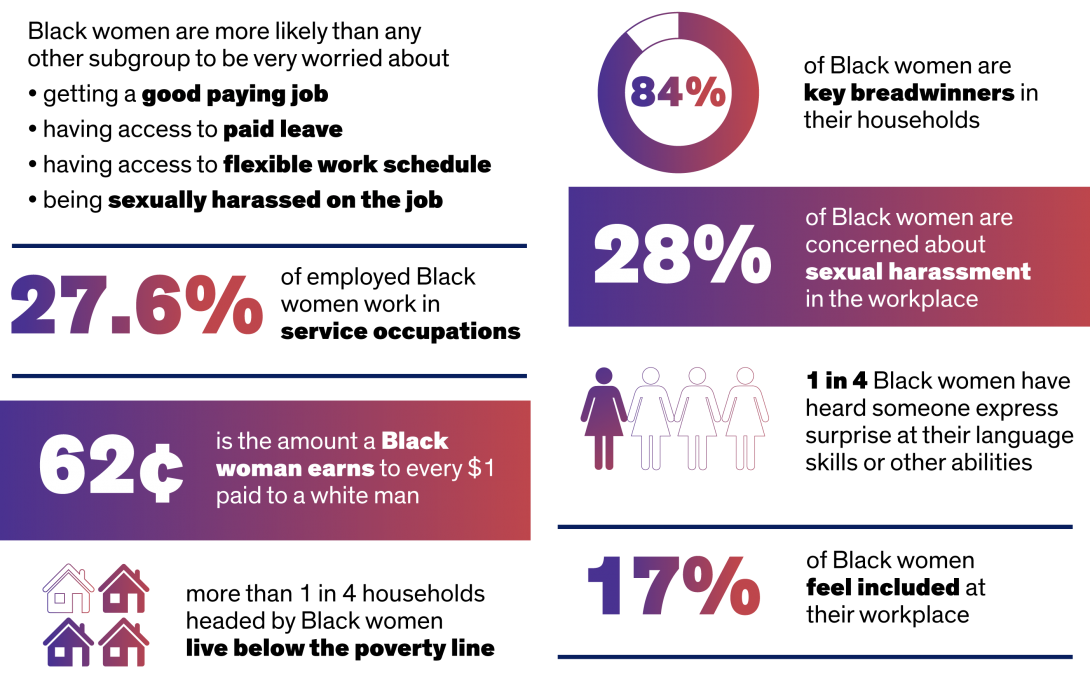
Specific to sexual harassment, data from 2012-2016 showed that Black women were disproportionately more likely to experience sexual harassment at work and filed the highest number of sexual charges when compared to women of other racial and ethnic groups (Rossie et at 2018). While Black women should have the right and necessary protection to report sexual harassment, and in spite of laws that ban retaliation, 1 in every 3 women who report sexual harassment at the workplace faced retaliation. As Rossie and colleagues have stated, “retaliation, and the threat of retaliation, silence survivors and hide the true extent of sexual harassment within a workplace”(p. 8). Unfortunately, the overwhelming majority of sexual harassment in the work place goes unreported. Black women’s decision to report and seek justice is further diminished by the failure of the US legal system to protect Black women survivors of sexual harassment–e.g., judges belittling the veracity of Black women’s accounts and assailants who assault Black women getting less severe charges than those who assault white women–as well by both inter and intra community scrutiny that survivors are exposed to.
There is much more to learn Black women’s exposure to violence at work–especially about the most insidious forms of harassment– and how to support them. Below we highlight educational resources and organizations that can help us in that journey.
Learn more Heading link
-
On the record

On the record by Kirby Dick and Amy Ziering (2020): a documentary centered on experiences of Drew Dixon with both sexual assault in her workplace (the music industry) as well as the processes of speaking up and speaking out in the metoo. movement. Highlighting the voices and expertise of different Black women, this documentary provides a rich and accessible account of the connection between present day sexual violence and U.S. history of slavery and misogny and the challenges Black women must navigate when seeking healing and justice.
Representing Black women survivors of workplace sex harassment and sexual violence
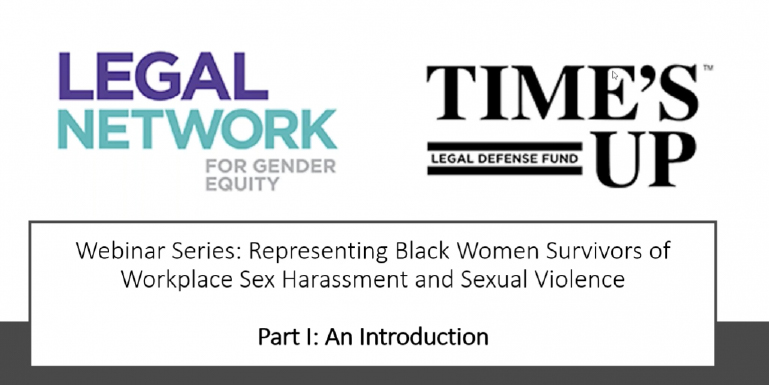
Representing Black Women Survivors of Workplace Sex Harassment and Sexual Violence is a two part webinar hosted by the National Women’s Law Center. Part 1 includes discussions of US historical context of the objectification of the Black women and its relationship to labor as well as how Black women are experiences trauma. Part 2 focuses on providing strategies supporting Black women survivors of sexual harassment in the workplace for a range of spaces (e.g., legal system, community organizations, public relations & the media).
-
The state of Black women in corporate America by Lean in
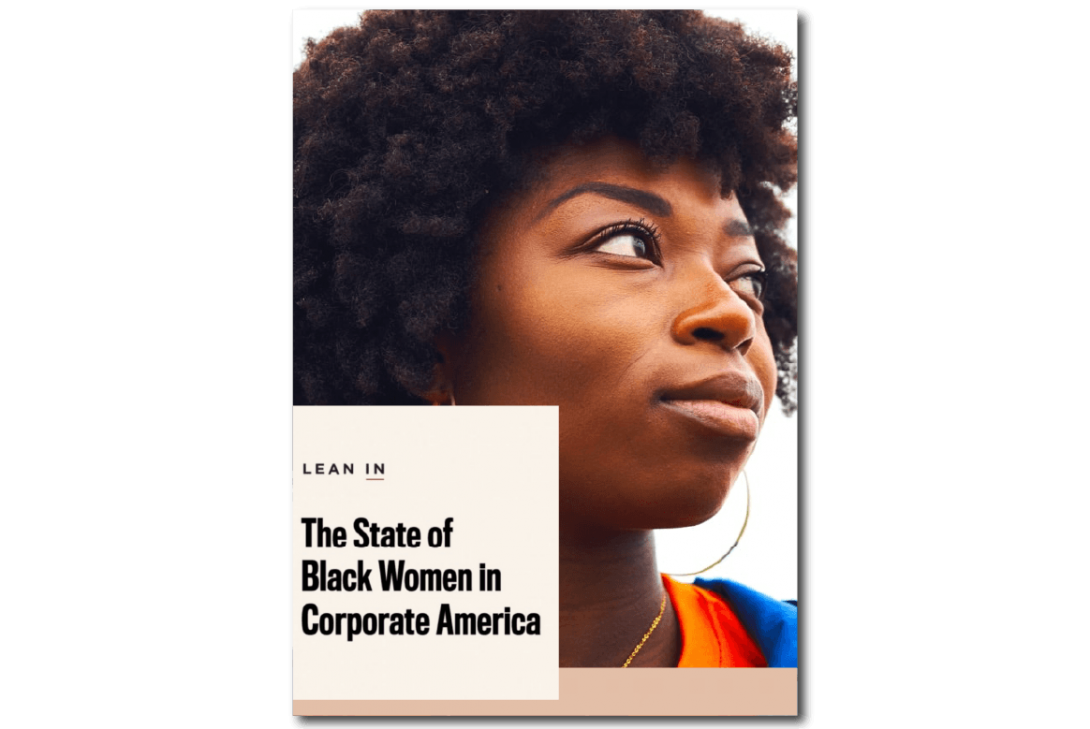
The state of Black women in corporate America offers a detailed analysis multiple factors preventing Black women from succeeding at work such as the lack of supportive mechanisms and every-day discriminations. It also offers recommendations that will help companies foster Black women’s access and advancement in the private sector.
Out of the shadows by Amanda Rossie, Jasmine Tucker, and Kayla Patrick
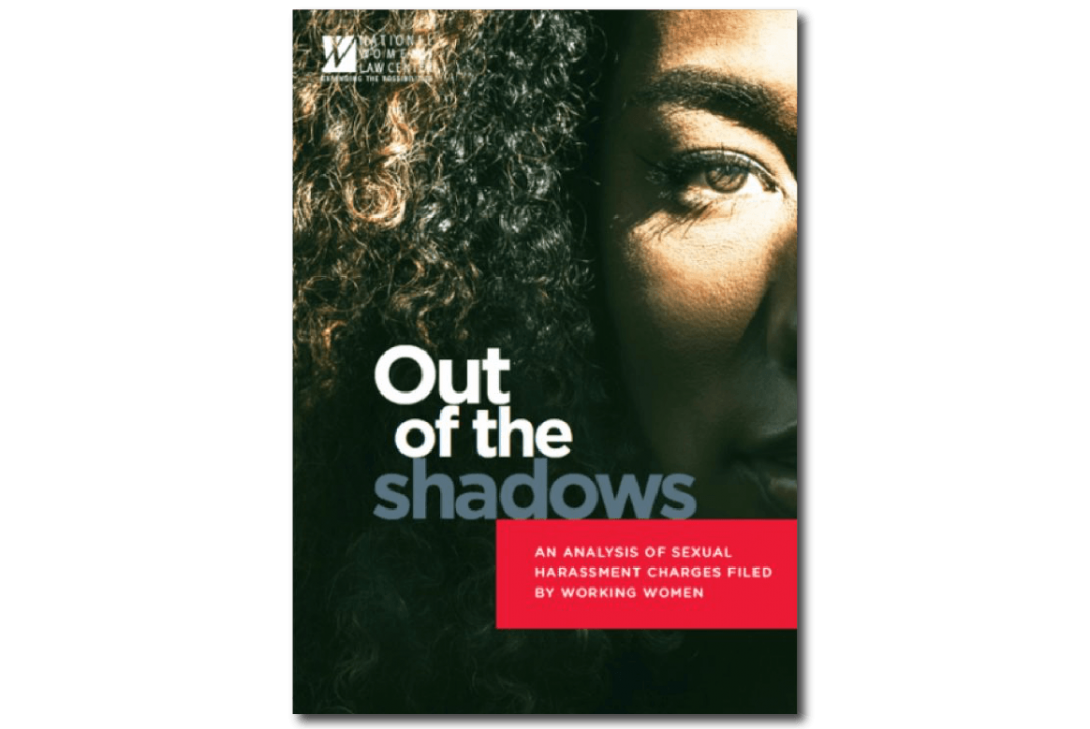
Out of the Shadows: an analysis of sexual harassment charges filed by working women provides an intersectional analysis of sexual harassment charges filed with the U.S. Equal Employment Opportunity Commission (EEOC) by women in the private sector between 2012 and 2016. The report includes finding by racial group, age, other forms of discriminations, industry, and size of employer.
Black women wage gap by National Parterniship for Women and Families
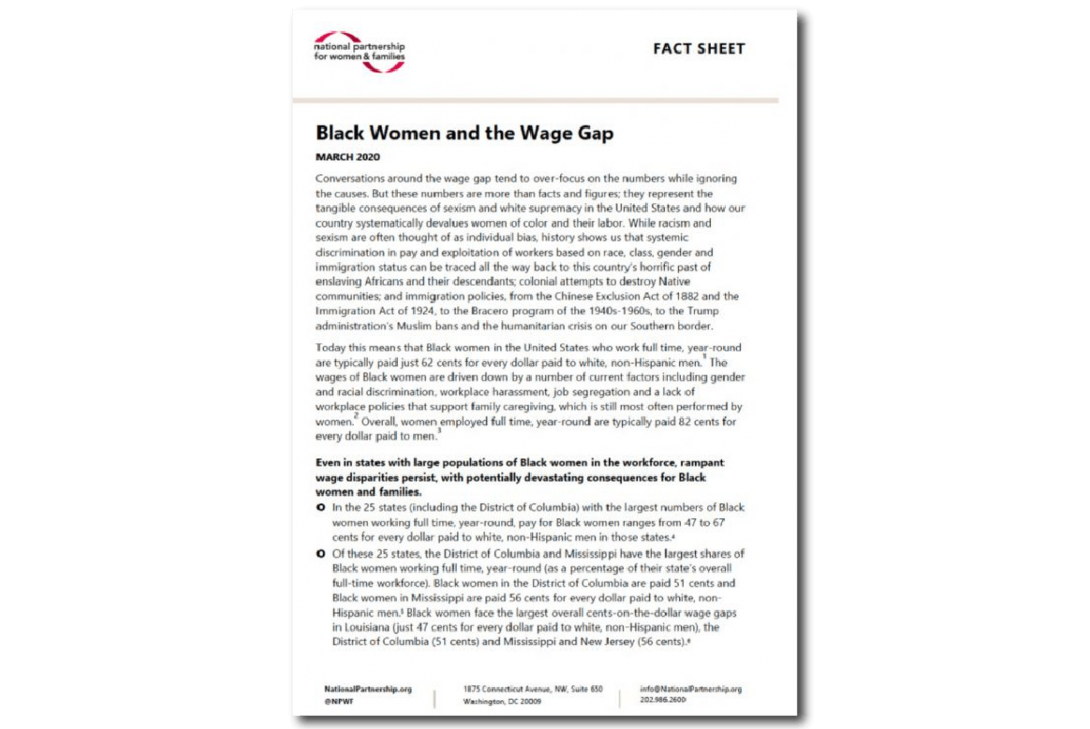
Black women wage gap provides recent detailed statistical information on Black women’s earnings compared to that of other racial groups–nationally and by state–and particular impacts the wage gap have on Black women and their families.